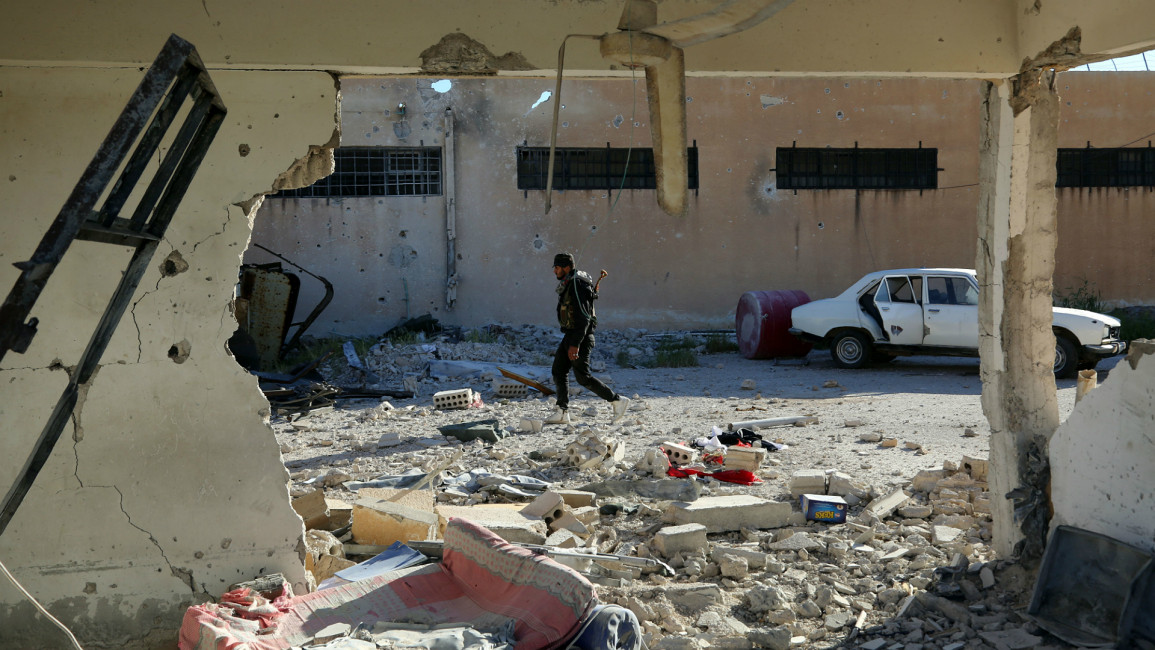UN plans to airlift humanitarian aid for Syria's Qamishli
"We are just about to launch an air bridge into Qamishli from Damascus," the UN's humanitarian coordinator for Syria, Yacoub El Hillo, told reporters on Thursday.
"The reason for this is that we have run out of meaningful means to reach people over land," he said, adding that the airlift "will bring life-saving assistance to a very large number of people."
Lying near to the Turkish border in the governate of Hasakeh, Qamishli is only reachable by road through the Islamic State group dominated governates of Raqqa and Deir Az-Zour.
"They haven't been reached by land from within the country since early 2014," said Bettina Luescher of the World Food Programme - the UN agency that will be coordinating the operation.
She told AFP that 25 flights are planned to take place over the next month, each carrying 40 tonnes of aid. The aid drops - 70 percent of which will be food – are set to begin "in the next few days," she added.
Leuscher said that the July aid drops aim to feed 150,000 people.
The UN previously set up an airlift to bring aid to Qamishli in 2014, and has also delivered assistance across the border from Turkey, but the main border crossing has been closed since the beginning of the year.
Earlier this year, an assessment by the UN's own aid coordination body, OCHA, also found that Damascus-based humanitarian agencies were "protective of their relationship with the GoS (government of Syria)."
It was "becoming clear that the Government was hindering the establishment of a proper humanitarian operation from quite early in the crisis," the March report said.
But "UN agencies were simply not willing to jeopardise their operations in Syria by taking a tougher stance with the Government."



